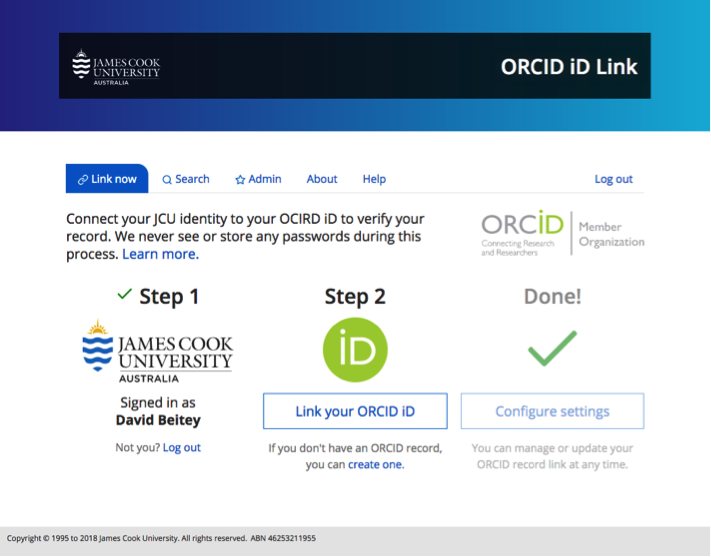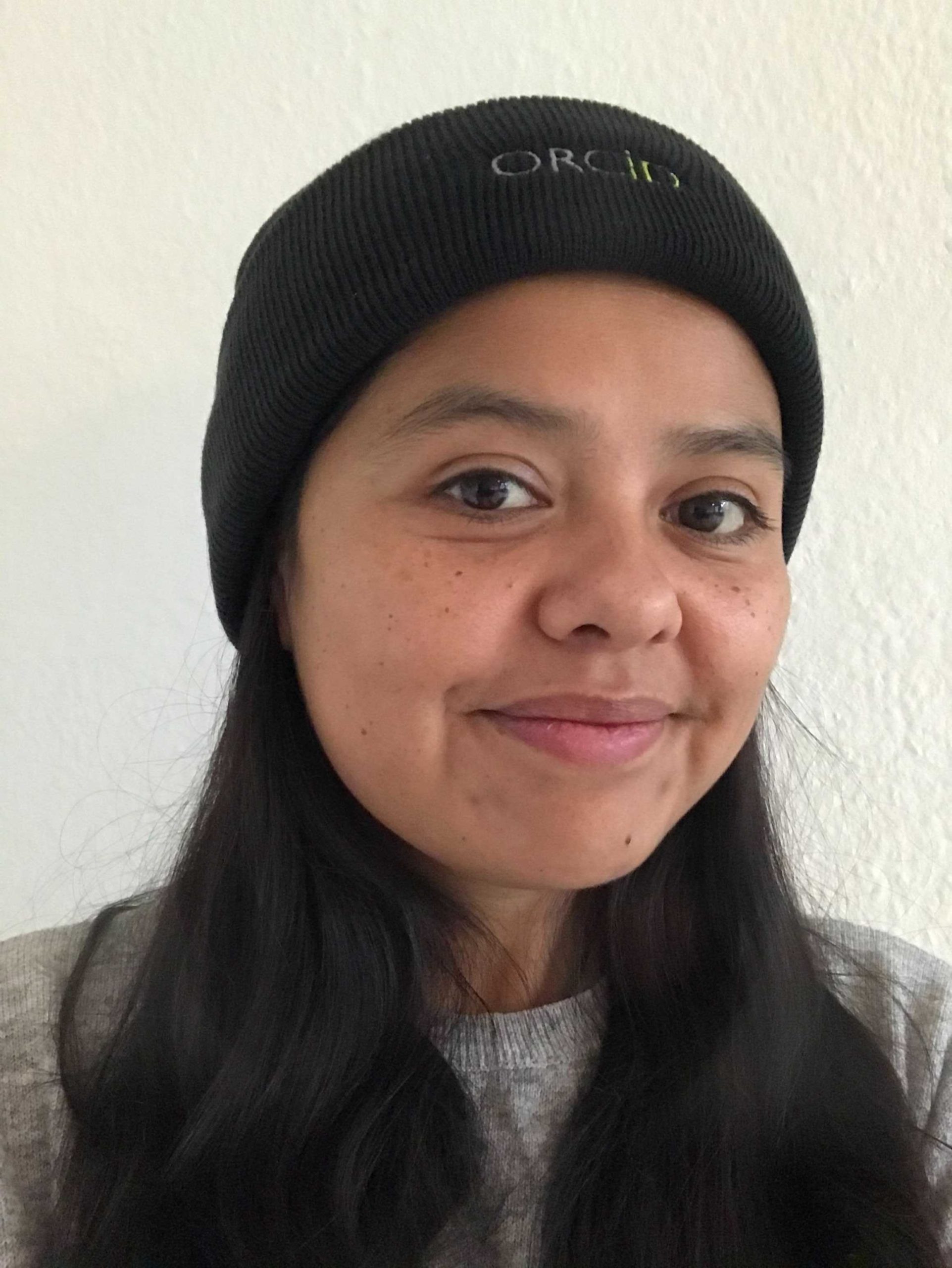To uniquely identify and connect researchers to their contributions and affiliations, ORCID takes both a global and a local approach. And so does our Collect & Connect program. We work with organizations across communities and countries to ensure a consistent user experience, while also respecting local expectations. Our goal is to foster transparent and trustworthy connections and make it easier for researchers to share information about their work.
We are delighted to recognize ORCID member organizations that have been awarded Collect & Connect badges during the first two months of 2018, and give a special mention to our members that have recently updated their integrations or communications. We encourage our community to continue improving and extending your existing integrations.
Come take the tour with us!
University of North Carolina at Chapel Hill 
Our journey starts in the US at the University of North Carolina at Chapel Hill (UNC-Chapel Hill), member of our US Community consortium. UNC-Chapel Hill has recently launched an integration to collect authenticated iDs from their faculty staff and students.
Fraunhofer-Gesellschaft zur Förderung der angewandten Forschung e.V. 
 Our next stop takes us to Germany to visit Fraunhofer-Gesellschaft, a member of our German consortium and Europe’s largest application-oriented research institution. In the first phase of their integration, Fraunhofer allows researchers to create or connect an existing iD to their publication database Fraunhofer Publica. Their integration information page is available in German.
Our next stop takes us to Germany to visit Fraunhofer-Gesellschaft, a member of our German consortium and Europe’s largest application-oriented research institution. In the first phase of their integration, Fraunhofer allows researchers to create or connect an existing iD to their publication database Fraunhofer Publica. Their integration information page is available in German.
Now to the Netherlands, where the University of Antwerp, a member of our Belgium consortium, has integrated ORCID with their institutional repository by collecting and displaying authenticated iDs. University of Antwerp has created a very comprehensive ORCID guide for their researchers, that includes information about their integration and its benefits, available in Dutch and English.
OpenEdition is a non-profit French initiative that promotes Open Access academic publishing through four platforms, with a focus in the humanities and social sciences. Their integration, originally launched in July 2017, allows researchers to connect their iD and export works from OpenEdition to their ORCID records. In addition to their introductory page, they have created a video-tutorial available in French.
Next, we visit MyScienceWork, based in Luxembourg – a global platform for depositing and discovering scientific publications and patents. Their integration connects MyScienceWork profiles with iDs and allows users to import publications from ORCID. Users also have the option to let MyScienceWork automatically update their profiles weekly, based on ORCID data.
Instituto de Telecomunicações (IT), based in Portugal, is a not-for-profit organization dedicated to promote scientific research in the field of telecommunications. Their integration collects and displays authenticated iDs and allows researchers to import and export works from/to ORCID and their IT Portal. IT has created a great tutorial video to demonstrate to their researchers how to connect their iDs and synchronize information between the two systems.
Next, we leave Europe and travel to Australia to meet ORCID Australia consortium member the James Cook University (JCU), one of the oldest universities in Queensland. Their researchers can now connect their institutional JCU identity to their ORCID iD and add their affiliation information to records. Their smooth user interface explains the workflow in three simple steps and allows researchers to see the permissions granted.
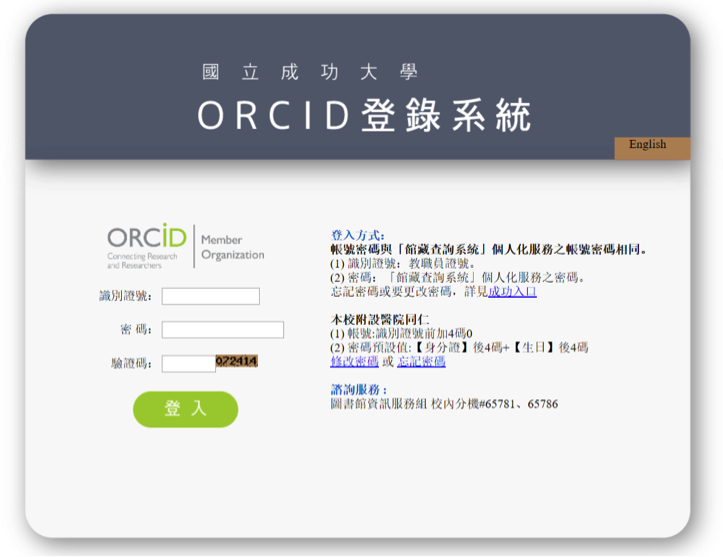 National Cheng Kung University (NCKU)
National Cheng Kung University (NCKU) 
Our final stop is in Asia, where we meet the National Cheng Kung University (NCKU). Their recently launched integration collects and displays authenticated iDs and connects their affiliation and publications to records. NCKU communicates the benefits of their integration and ORCID in Chinese and English.
Last, but not least, we are delighted to recognize our members who have recently updated their integrations to enable auto-update, and have now been awarded Connect badges :
Their Gates Open Research integration has recently started connecting publication and peer review information to ORCID records. Powered by F1000, it also supports auto-update.
The F1000 Open Research integration allows authors to connect their iD on submission and add publications and peer review activities to their records. F1000 has enabled auto- update of iDs.
The Wellcome Trust Open Research integration, developed by F1000, collects and displays authenticated iDs and adds publication and peer review data to records. The auto-update functionality is also enabled.
Would you like to be on our list of Collect & Connect awardees? Do you need help getting started with your integration? Have you finished your technical development but need help designing a communication campaign? Make meeting Collect & Connect requirements your new year resolution and contact us for help!
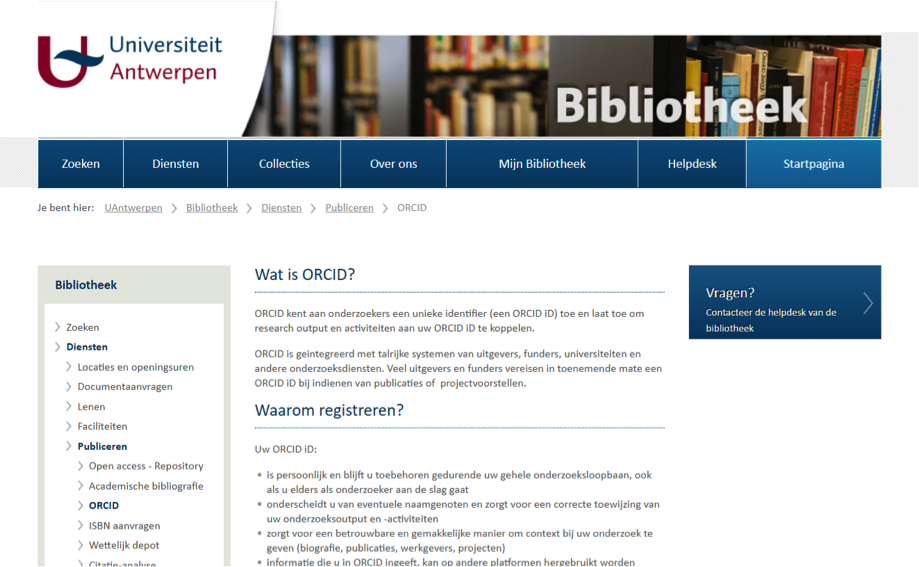
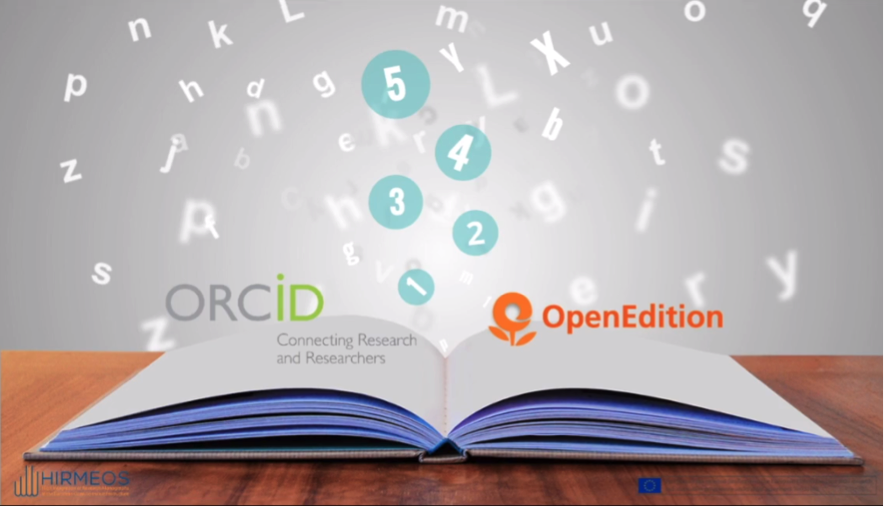 OpenEdition
OpenEdition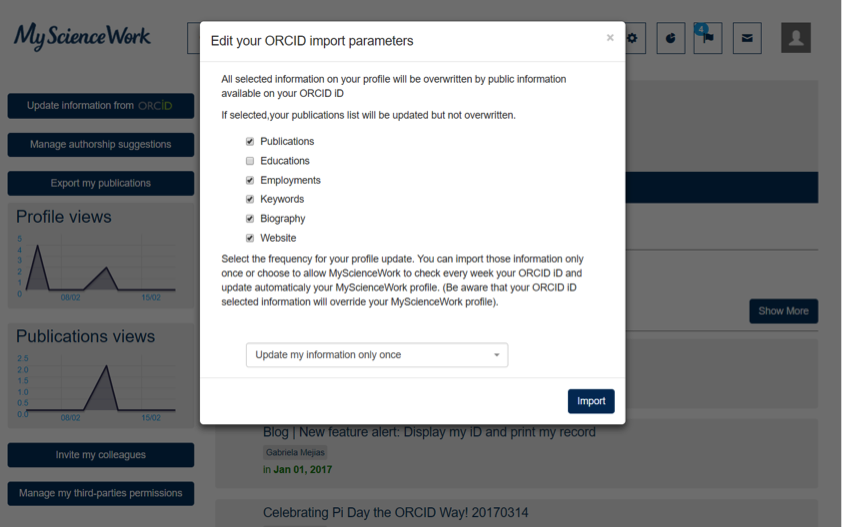
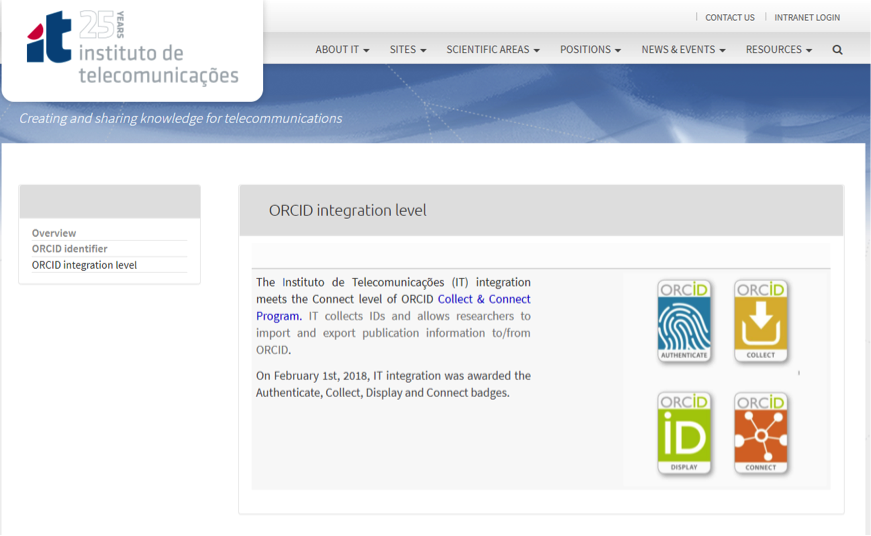 Instituto de Telecomunicações
Instituto de Telecomunicações